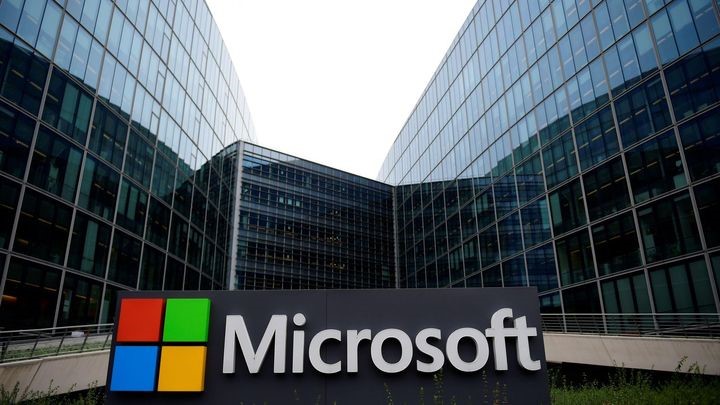Windows 10 will take up even more of your HDD space
The spring update for Windows 10 aims to improve the automatic update system by allocating additional HDD space on the user's HDD.

IN A NUTSHELL:
- With the spring update, Windows 10 will take up additional space on your hard drive;
- The space will mainly be used to download and install the system updates;
- The OS will take up at least 7 GB of additional space.
This spring (most likely in April) we will see the next big Windows 10 update. The update is codenamed 19H1 and will bring a number of new features. One of them – a controversial improvement of the system update function, which will result in the reduction of our free disk space by (at least) another 7 GB – Microsoft has just announced in a special blog note.
The solution is to be implemented in order to eliminate problems with updates caused by lack of free space on HDD. In order to avoid such situations, Windows will reserve the necessary space on the hard disk in advance, which of course means that we will permanently lose access to it. The amount of space used will depend on the number of languages and additional features installed. Usually, when no updates are available, the system will use this space to store temporary files.
The idea will certainly arouse much controversy. Users who are forced to fight for every gigabyte when a system update is imminent by temporarily removing programs and archive files will have to get rid of them.... permanently. What's more, if the allocated space is insufficient for some reason, Windows will use even more of it or ask you to connect an external storage. So what exactly do we gain in this?
It's hard not to get the impression, that the solution invented by Microsoft is throwing the baby out with the bathwater – especially because Windows 10 already has a considerable appetite for disk space (which is often the main cause of problems with disc space in the first place). Maybe it would be better to start by streamlining the system by removing unnecessary add-ons and features?
0
Latest News
- Butcher's Summit, an impressive free diselpunk FPS, has been released
- Free FPS on Half Life engine gets big update
- On February 3, gaming history could change forever. Red Dead Redemption 2 one step away from a major achievement
- This is not the RPG you expected. Crimson Desert abandons the key elements of the genre, going for original solutions
- Nintendo may unexpectedly beat Sony. State of Play is not to be the only game show awaiting players in February

